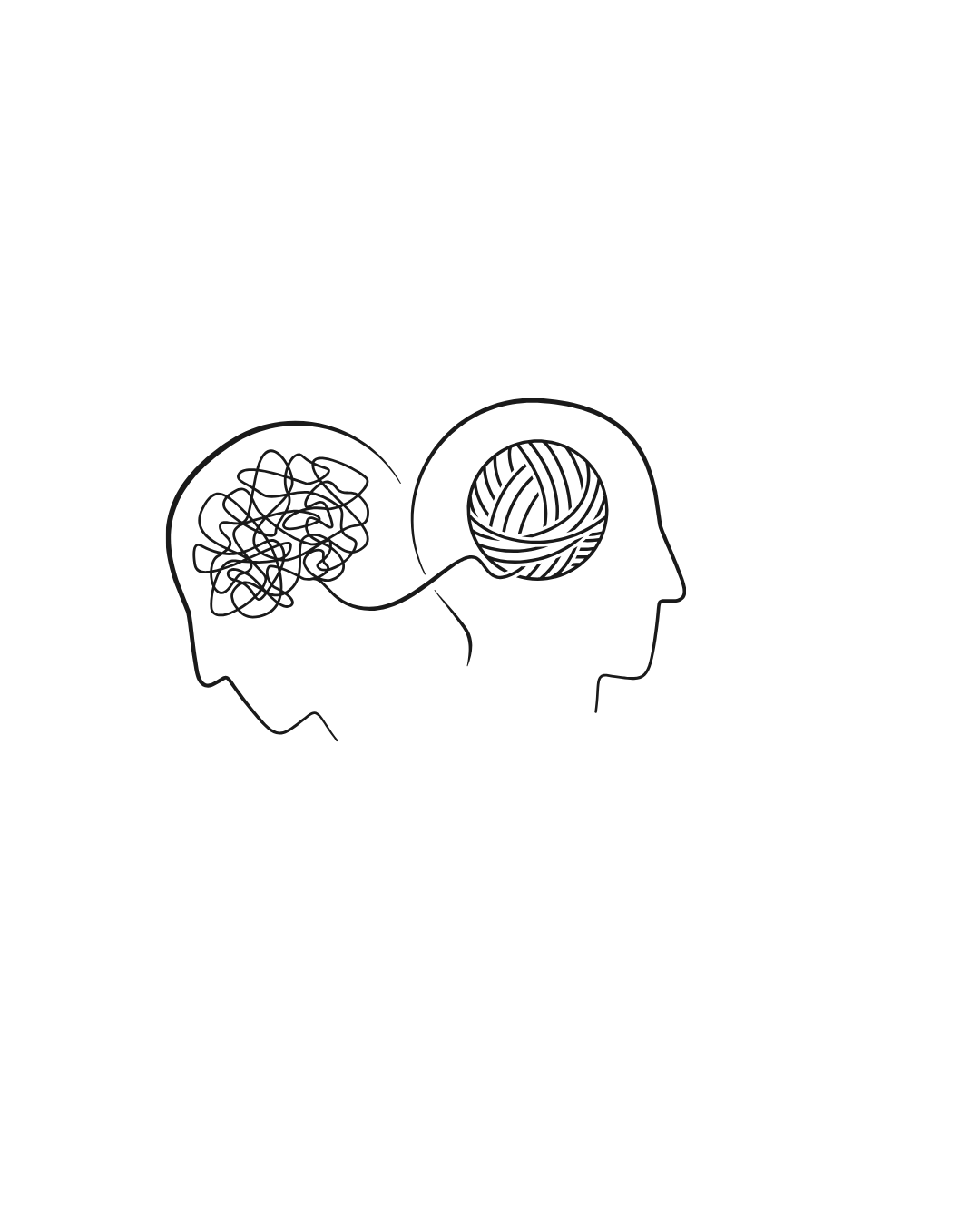Description
A Master of Science (M.Sc) in Psychology is a graduate-level program designed to provide students with a deep understanding of psychological theories, research methodologies, and applications in various contexts, including clinical, organizational, and educational settings. This program prepares graduates for advanced careers in psychology or related fields, as well as for further academic pursuits, such as a PhD. Here?s an overview of the program, including core components, skills developed, and potential career paths.
Program Overview
Duration: Typically takes 1 to 2 years to complete, depending on whether the student is enrolled full-time or part-time.
Mode: Offered in various formats, including full-time, part-time, and online options.
Eligibility: Generally requires a bachelor?s degree in psychology or a related field, along with a satisfactory GPA. Some programs may also require standardized test scores (like the GRE) and relevant experience.
Core Curriculum
The curriculum for an M.Sc in Psychology usually includes core courses, electives, and a research component (thesis or project). Common subjects studied may include:
Research Methods in Psychology: Understanding the design, implementation, and analysis of psychological research.
Statistical Methods for Psychology: Application of statistical techniques to analyze psychological data and interpret findings.
Cognitive Psychology: Study of mental processes such as perception, memory, reasoning, and decision-making.
Developmental Psychology: Exploration of psychological growth and change throughout the lifespan, from infancy to old age.
Abnormal Psychology: Examination of psychological disorders, their classifications, and treatment options.
Social Psychology: Investigation of how individual thoughts, feelings, and behaviors are influenced by social contexts and interactions.
Neuroscience and Psychology: Understanding the biological bases of behavior, including the brain?s structures and functions.
Skills Developed
Research Skills: Ability to design and conduct empirical research, including data collection and analysis.
Critical Thinking: Developing the capacity to evaluate psychological theories, research findings, and ethical issues critically.
Communication Skills: Proficiency in written and oral communication, allowing for effective presentation of research and psychological concepts.
Interpersonal Skills: Enhancing skills necessary for working with individuals and groups, particularly in clinical or counseling contexts.
Analytical Skills: Ability to analyze complex information, identify patterns, and apply psychological principles to solve real-world problems.
Career Opportunities
Graduates with an M.Sc in Psychology can pursue various career paths, including:
Clinical Psychologist: Providing therapy and counseling services under the supervision of licensed professionals or in specific settings, depending on the level of training (often requires additional licensure).
Counseling Psychologist: Working with clients to address personal, social, and educational issues through counseling techniques.
Industrial-Organizational Psychologist: Applying psychological principles to improve workplace productivity, employee satisfaction, and organizational behavior.
Educational Psychologist: Helping students overcome learning challenges and improve academic performance, often in school settings.
Research Scientist: Conducting studies in academic or government institutions to advance psychological knowledge and practice.
Health Psychologist: Focusing on how psychological factors affect health and illness, and promoting healthy behaviors.
Benefits of Pursuing an M.Sc in Psychology
Specialized Knowledge: Gain a comprehensive understanding of various psychological theories and practices, preparing you for diverse roles in the field.
Growing Field: With increasing awareness of mental health and psychological well-being, there is a continuous demand for skilled professionals in psychology.
Practical Experience: Programs often include practical components, such as internships or practicum experiences, providing hands-on training in real-world settings.
Additional Considerations
When considering an M.Sc in Psychology:
Accreditation: Ensure the program is accredited by relevant professional organizations or academic bodies.
Research Opportunities: Look for programs with faculty engaged in active research that aligns with your interests.
Licensure Requirements: Be aware of state or national licensure requirements if you plan to pursue a clinical or counseling psychology career.
If you have specific questions about the M.Sc in Psychology, its courses, or potential career paths, feel free to ask!









